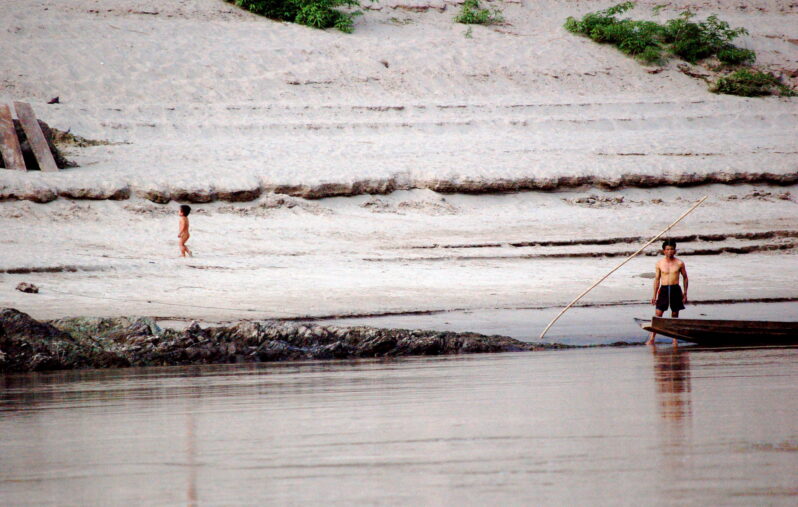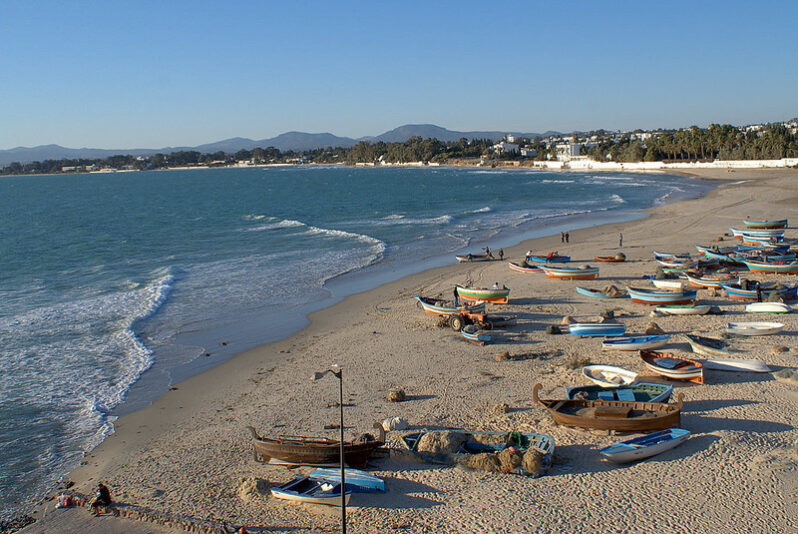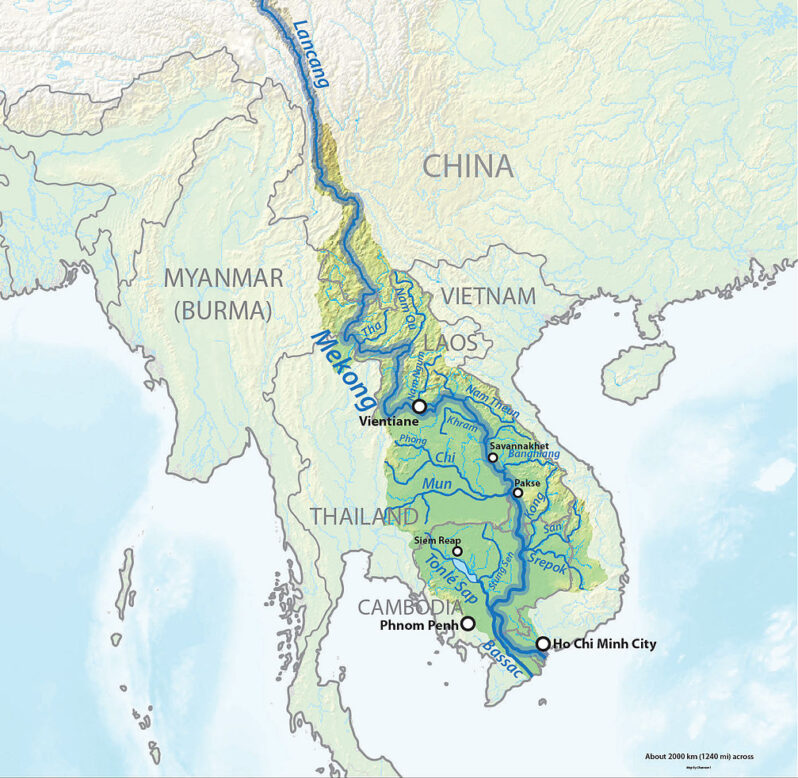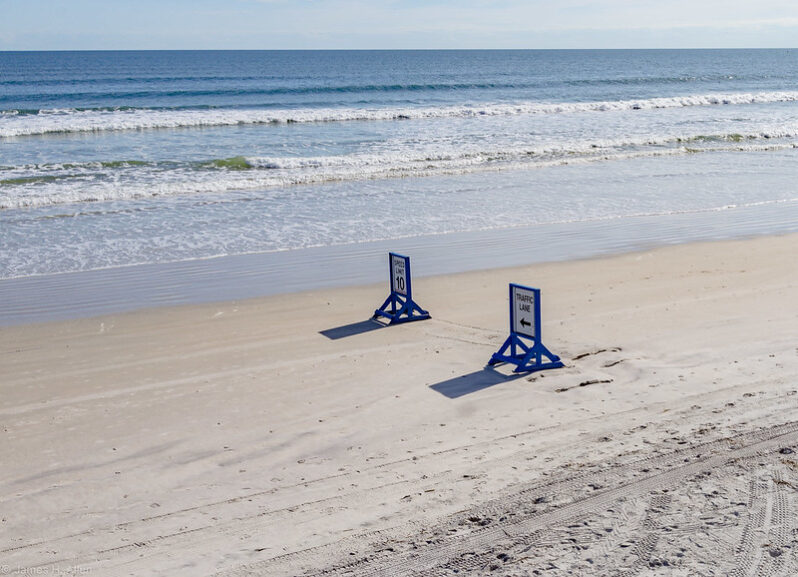China’s Mekong dams turn Thai fishing villages into ‘ghost towns’- Context

From February to April each year, Kam Thon spends most of her days knee-deep in the waters of the Mekong River by her village in northern Thailand, gathering river weed to sell and cook at home. Kam Thon and other women who live by the Mekong have been collecting river weed, or khai, for decades, but their harvest has fallen since China built nearly a dozen dams upstream. The dams have altered the flow of water and block much of the sediment that is vital for khai and rice cultivation, researchers say…
Why are Tunisia’s beaches disappearing and what does it mean for the country? – Reuters

Rising sea levels are causing Tunisia’s beaches to gradually disappear. This is making life hard for the country’s tourism and fishing industries.
The Maghreb – made up of Morocco, Tunisia, Algeria and Libya – is more affected by coastal erosion than any region outside South Asia, the World Bank found in a 2021 study. Among these countries, Tunisia has had the highest erosion rates in the last three decades, averaging almost 70cm a year, it found…
Grains of Sand: Too Much and Never Enough – EOS Magazine

Sand is a foundational element of our cities, our homes, our landscapes and seascapes. How we will interact with the material in the future, however, is less certain…
“The use of sand is now faced with two major challenges,” said Xiaoyang Zhong, a doctoral student in environmental science at Leiden University in the Netherlands. “One is that it has caused enormous consequences in the environment,” he explained. “The second challenge is that easily usable sand resources are running out in many regions…”
Starving the Mekong – Reuters

Lives are remade as dams built by China upstream deprive the Mekong River Delta of precious sediment
Standing on the bank of the Mekong River, Tran Van Cung can see his rice farm wash away before his very eyes. The paddy’s edge is crumbling into the delta.
Just 15 years ago, Southeast Asia’s longest river carried some 143 million tonnes of sediment – as heavy as about 430 Empire State Buildings – through to the Mekong River Delta every year, dumping nutrients along riverbanks essential to keeping tens of thousands of farms like Cung’s intact and productive…
Florida beaches were already running low on sand. Then Ian and Nicole hit – the Washington Post

“I think we’re starting to discover that, despite our best efforts and wanting to throw as much money at this as possible, it has become very difficult to keep these beaches as wide as we would like to keep them,” Robert S. Young, a geology professor at Western Carolina University and director of the Program for Developed Shorelines… “We simply don’t have the capacity to hold all of these beaches in place.”
Half of the beaches on the Costa del Sol are at serious risk of sand loss – SUR

The loss of sand is a “serious risk” for half of the beaches in Malaga province, while another 40% are at “moderate risk” and 5% at slight risk, according to a report on the Strategy for the Protection of the Malaga Coast which the Secretary of State for the Environment, Hugo Morán, presented to mayors and councilors in Malaga on Tuesday morning…
